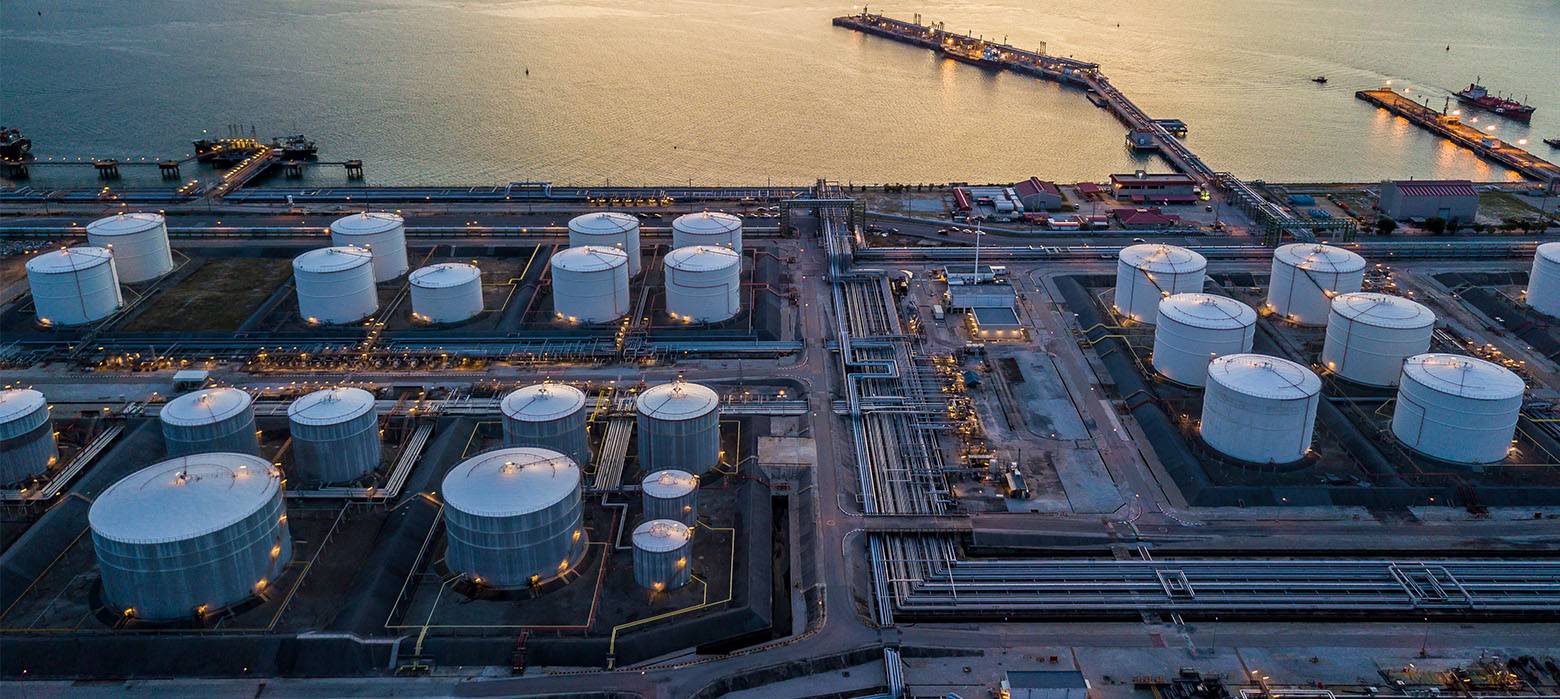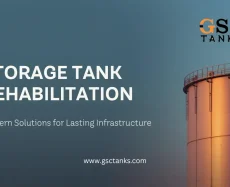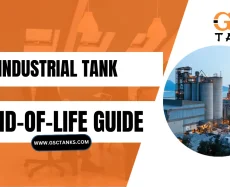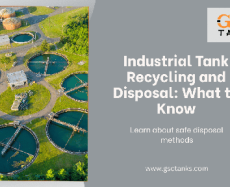
- admin
- September 17, 2021
3 Proven Insulation Methods for Above Ground Storage Tanks
Storage tanks are widely utilized in the United States for both above ground and below ground purposes, and nothing loses energy like an uninsulated storage tank. While there are several alternatives for insulating your below ground or above ground storage tanks, it is critical to understand the differences and select the option that best meets your requirements.
Manufactured steel tanks indeed serve a variety of functions. The storage of heavy fuel oil, liquids, resins, compressed gases, or asphalt binders is the major use. The kind and size of above ground storage tanks depend on the product being held and the amount involved. They all have one thing in common: they need to be insulated.
Insulation is placed to storage tanks to fulfill industrial and regulatory standards and to reduce energy costs associated with heating or maintenance of any of the products listed above. The ultimate goal is to save energy and money while reheating a tank with natural gas, kerosene, electricity, or butane.
Insulating a storage tank can be done in a variety of ways.
Method 1: External spray-on insulation system
In this procedure, a spray-on form insulation with a nominal thickness of 1.5” is sprayed to the tank’s external skin. The thickness of the insulation material will be determined by the thermal efficiency attained.
Insulation systems made of polyurethane foam are an example of this form of insulation. To protect and prevent UV damage, a finish coating or jacketing must be added after the foam has been applied and dried. Without some form of jacketing, any foam system exposed to sunlight for an extended period of time would disintegrate.
Method 2 : Injected insulation system
The outer skin is made up of two layers in this manner. The above ground storage tank’s double layering allows a foam substance to be injected between the layers. This foam fills all spaces and eliminates air pockets. The outer shell serves as the protective layer in this manner, therefore no additional jacketing or protection is required.
Method 3 : External wrap or blanket
The storage tank is coated in a layer of insulating wraps in this approach. Mineral wool, fiberglass, and ceramic fiber are common insulating materials utilized in this type of application. Pipe and tank coverings are divided into two categories, each with its own upper temperature range. A heavy-gauge aluminum or stainless steel jacketing would be necessary to finish the job and protect the insulation while also ensuring insulation integrity.
It is sensible to always seek advice from a qualified mechanical design engineer before insulating a storage tank, regardless of the method you pick.
Where to get the best above ground storage tanks?
GSC Tanks is a leading provider of above ground storage tanks in the United States. Our products are used to store water, petroleum, and chemicals all around the world. Storage tanks are available from our firm in a variety of materials, including high density polyethylene, fiberglass, steel, stainless steel, alloy, and reinforced concrete. Get in touch with us for your storage tank requirements.
- above ground storage tanks grounding requirements
Category
- Above Ground Fuel Tanks
- Above Ground Gas Storage Tank
- Above Ground Storage Tanks
- Above Ground Water Storage Tanks
- Agricultural Tanks
- Chemical storage Tanks
- Diesel Fuel Storage Tanks
- Diesel Storage Tanks
- Exernal FloatingRoof Tanks
- Farm Water Tank
- Fiberglass Oil Tanks
- Fiberglass Septic Tanks
- Fiberglass Tanks
- Fiberglass Underground Fuel Storage Tanks
- Field Erected Tanks
- Floating Roof Tank
- Food and Beverage Tanks
- Fuel tank
- Industrial Chemical Storage Tanks
- Industrial Gas Tanks
- Industrial Hot Water Storage Tanks
- industrial hot water tank
- Industrial Plastic Tanks
- Industrial Storage Tanks
- Industrial Tank heating pads
- industrial tanks
- Natural gas
- Natural gas vs Propane
- oil storage tank
- Oil Storage Tanks
- Peracitic Acid
- Petroleum Tanks
- Residential gasoline storage tanks
- Residential Water Storage Tanks
- Sodium Hydroxide Storage Requirements
- Sodium Hypochlorite Storage Tanks
- Steel Storage Tanks
- storage tank failure prevention
- Storage Tanks
- Sulfuric Acid Tanks
- Uncategorized
- UnderGround Storage Tanks
- Waste water tank
- Water Storage Tanks

 Tank Size Calculator
Tank Size Calculator






